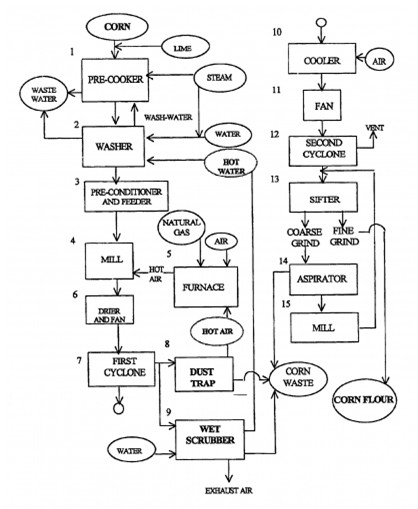by Tessa Finney-Brown
I’m always telling clients to avoid refined carbs, but sometimes I forget, or don’t have the time to explain why. So I thought it was about time to do a write-up about it.
Firstly, let’s talk about what these are. Refined carbs are any carbohydrate foods that has undergone processing between being taken from the plant and when it makes it into your fridge/meal/mouth. Examples are:
 On the other hand, unrefined carbohydrates include:
On the other hand, unrefined carbohydrates include:
- whole grains, like brown rice, quinoa, buckwheat, wheat or speltberries.
- fruits and vegetables.
So what is wrong with eating refined carbohydrates, really?
They’re linked with a number of health problems, such as autoimmune diseases, weight gain, fatigue, metabolic syndrome, diabetes and cardiovascular diseases to name a few.
There are a number of reasons why refined carbs are not so great for your body…
Refined carbohydrates, like white bread, white rice and sugar:
- Are very low in nutrients, and actually deplete nutrients from the body.
In the processing of grains, sugar cane and beets, many of the nutrients are lost or destroyed. Virtually all B vitamins, minerals, antioxidants and other essential nutrients removed, leaving mostly starch or simple sugars.
Unfortunately, for your body to process this starch and make energy from it, you require most of the nutrients that have been taken out. Such is the wisdom of nature – most of our foods also contain the vitamins and minerals we need to metabolise them.
If eaten long-term or in excess, refined carbs will deplete the body’s stores of these necessary nutrients, especially B vitamins and Magnesium.
B vitamins and magnesium are crucial for many functions, including
– Energy production
– Healthy moods (e.g. happy, calm states)
– Muscle function and relaxation
– Healthy blood sugar control
In populations eating large amounts of polished/white rice or refined corn, outbreaks of deficiency diseases increase. When polishing rice first became popular, thiamin (B1) deficiency, or beriberi, increased significantly. In the USA in the early 1900s, the most widespread vitamin deficiency disease was pellagra, or niacin (B3) deficiency.
Pretty much all of the fibre also goes in processing, as this exists in the bran or husk of the grain. Fibre is crucial not only for slowing the blood sugar increase after eating, but also for ‘feeding the good bacteria’ of the gut and for keeping you regular. Adults need between 25 and 35g of fibre a day.
To give you an idea one serve of brown rice compared to white contains contains:
– double the amount of fibre
– ten times as much Magnesium
– over 6 times the calcium
– 9.7mg of selenium (as opposed to none)
– 4 times the Iron and;
– Much higher amounts of B vitamins.
- Contain ‘anti-nutrients’.
Unfortunately, many products containing processed wheat and sugar are also then packed with other artificial ingredients such as artificial colours, artificial flavours, preservatives, texturizing and processing agents, and other additives that further detract from your health. You may be intolerant or allergic to some of these ingredients, they may stimulate an inappropriate immune response, and they definitely place a burden on the liver.
Convinced yet? Next time we’ll chat about the havoc this lack of nutrients wreaks on your body – contributing to blood sugar and energy swings, mood swings and adrenal fatigue.
